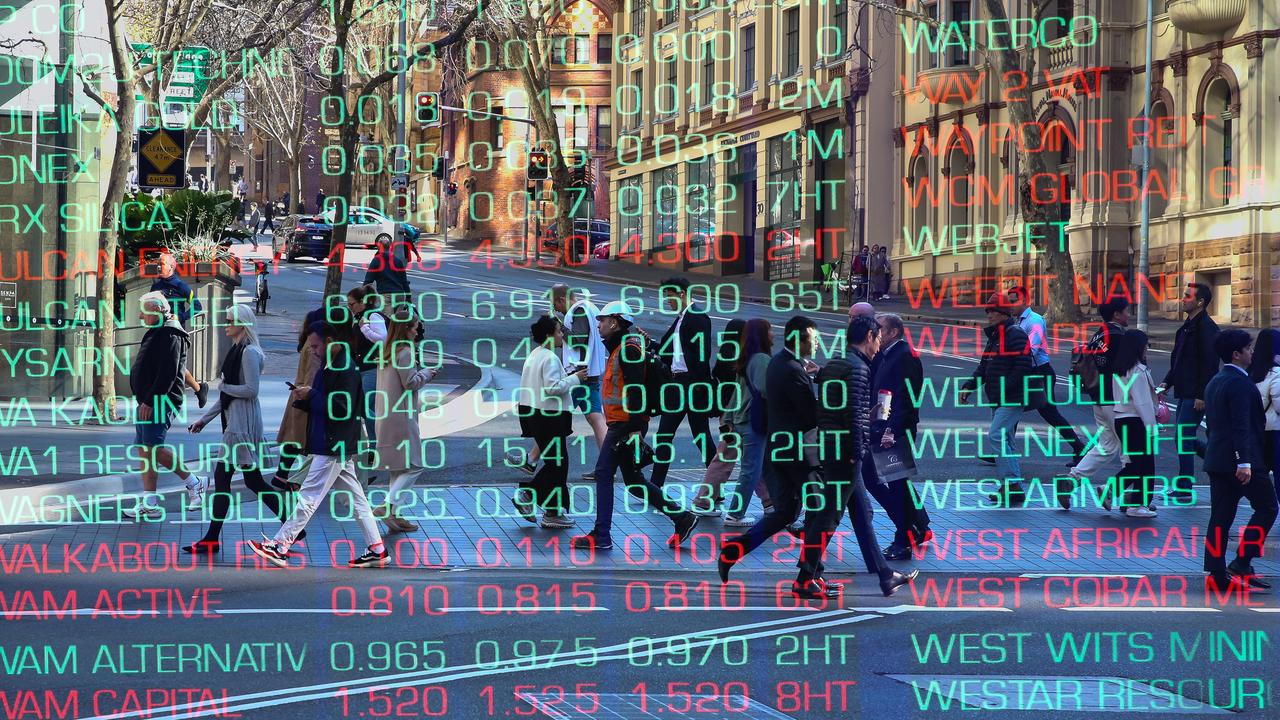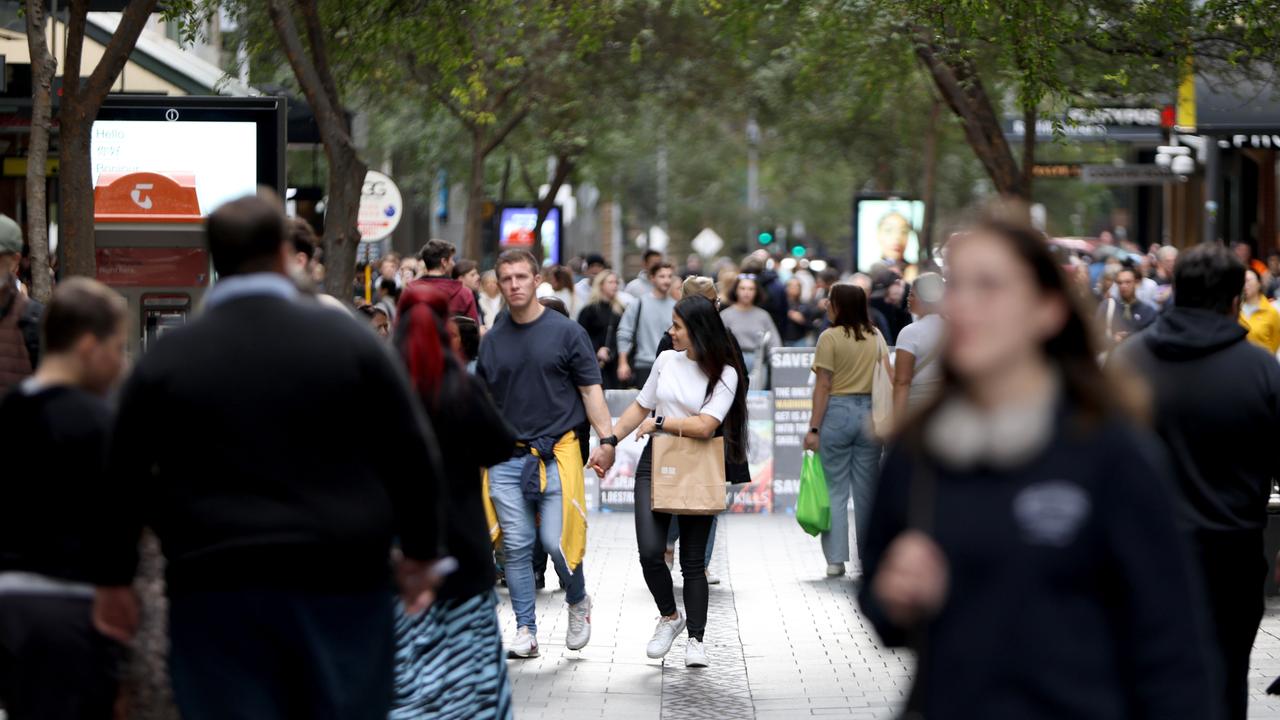August retail figures report 0.7 per cent growth, with spending boosted by warmer weather
August’s retail trade figures have revealed higher-than-expected growth, with experts putting it down to one surprising factor.
August retail figures revealed a slightly higher-than-expected month-on-month lift of 0.7 per cent, with experts putting it down to warmer weather.
Figures released by the Australian Bureau of Statistics (ABS) also reported year-on-year growth of 3.1 per cent, outstripping July figures of 2.3 per cent.
Economists had tipped an uptick of 0.4 per cent – largely due to an earlier than usual Father’s Day – after July figures flatlined month-on-month.
ABS head of business statistics Robert Ewing said the higher-than-expected lift was boosted by “warmer-than-usual weather”.
“This year was the warmest August on record since 1910, which saw more spending on items typically purchased in spring,” he said.
“This included summer clothing, liquor, outdoor dining, hardware, gardening items, camping goods and outdoor equipment.”

Most industries reported growth in spending, with the biggest turnover in department stores (1.6 per cent), clothing, footwear and personal accessory retailing (1.5 per cent), and other retailing (1.3 per cent).
The only sector to fall was household goods retailing, which dropped by 0.3 per cent.
Aussies were also dining out more, with cafes, restaurants and takeaway food services reporting a 1 per cent increase in trade and food retailing lifting by 0.6 per cent.

Oxford Economics head of macroeconomic forecasting Sean Langcake said the retail sales were “relatively strong” and pointed towards the government’s revamped stage 3 tax cuts.
“There are some early signs that income tax cuts are helping boost consumer spending,” he said.
“Retail sales have outperformed expectations in each of the last two months, maintaining a relatively high level last month and recording strong growth in August.
“This is positive for the growth outlook and will help maintain momentum in the labour market, but additional consumer demand will do little to help ease current inflation pressures.”
Soaring cost of living and a 13-year high cash rate of 4.35 per cent have suppressed spending, with the Reserve Bank warning that inflation remains too high to warrant a rate cut before Christmas.
More Coverage
Three out of the four major banks have tipped a February rate cut, with NAB bringing forward its call from May to February on Monday.
The Commonwealth Bank remains the outlier, forecasting rates to fall from December.
More to come
Read related topics:Weather






